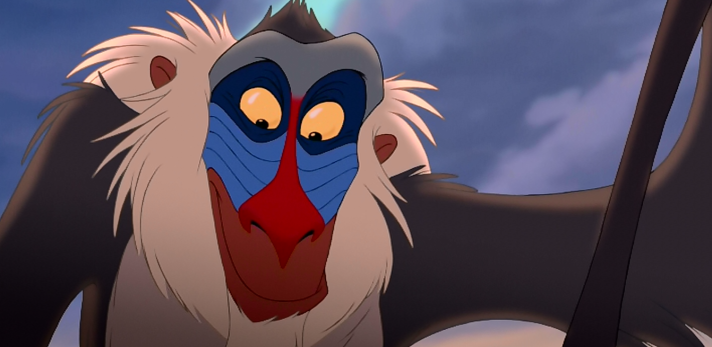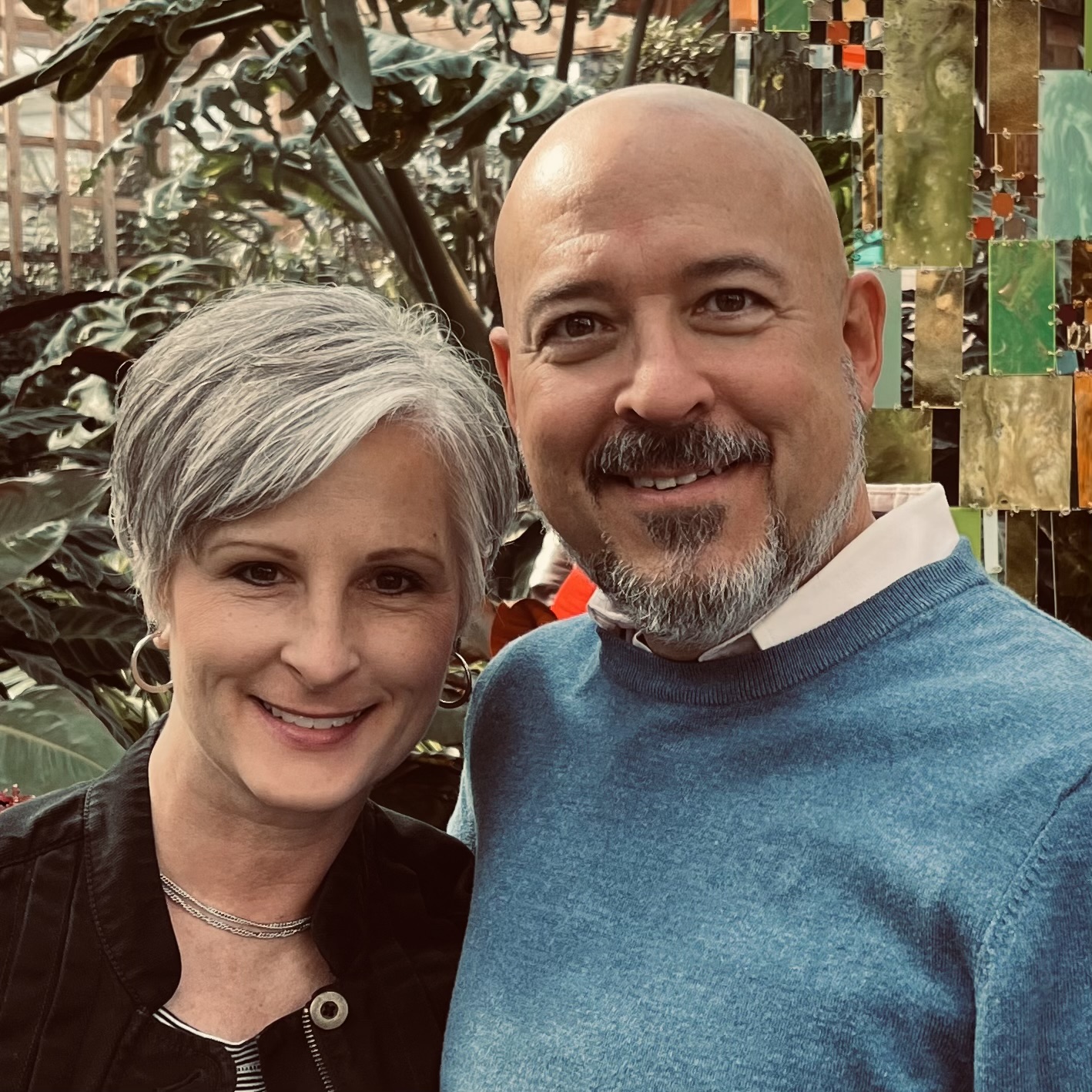 I’d like to begin by exposing my qualifications for writing on this topic. For the last 44+ years I have been trying to discover who I am. Like you, there have been times I thought I was getting close and many more moments that I simply did not have a clue. And while this is entirely a human problem, it manifests itself most particularly in western men. We throw ourselves into our work (which in some ways, we were meant to) and in the end have a difficult (if not, impossible) time distinguishing who we are from what we do.
I’d like to begin by exposing my qualifications for writing on this topic. For the last 44+ years I have been trying to discover who I am. Like you, there have been times I thought I was getting close and many more moments that I simply did not have a clue. And while this is entirely a human problem, it manifests itself most particularly in western men. We throw ourselves into our work (which in some ways, we were meant to) and in the end have a difficult (if not, impossible) time distinguishing who we are from what we do.
There is a scene in Disney’s The Lion King that has always highlighted this reality well. Though, ironically, even its answer is incomplete.
Rafiki: Asante sana Squash banana, Wiwi nugu Mi mi apana.
Simba: Come on, will you cut it out?
Rafiki: Can’t cut it out. It will grow right back. Hehehe.
Simba: Creepy little monkey. Would you stop following me! Who are you?
Rafiki: The question is, who… are you?
Simba: [sighs] I thought I knew, but now I’m not so sure.
Rafiki: Well, I know who you are! Shh. Come here, it’s a secret.
[Whispers, then grows louder]
Rafiki: Asante sana Squash banana, Wiwi nugu Mi mi apana!
Simba: Enough already! What’s that supposed to mean, anyway?
Rafiki: It means you’re a baboon… and I’m not.
Simba: I think you’re a little confused.
Rafiki: Wrong! I’m not the one who’s confused. You don’t even know who you are!
Simba: Oh, and I suppose you know?
Rafiki: Sure do. You’re Mufasa’s boy!
[Simba turns around to look at him, shocked]
Rafiki: Bye!
The Challenge of Western Thought
In the west we have come to largely, if not exclusively, value people based on external factors. Don’t believe me? Describe the majority of questions on a typical job application. Contact Information, Education, Work History, etc. – in general, these are the quick and seemingly sensible ways we categorize each other, yet they are wanting. Before we get too far down this path, I am not completely voting to eliminate all elements of western thinking. I’m advocating for an expansion of this way that can lead us toward identity.
This typical classification reinforces that the highest personal value is what school one is able to afford, their race and gender, and what companies have benefitted from their presence. There are certainly times when these questions are relevant, but they leave us with little to no understanding of the individual. One can attend the finest school in the country and pay or push or cheat their way through. Don’t even get me started on race and gender. And just because you’ve worked for a Fortune 500 company does not guarantee that you are a person of character who made them better by your having worked there.
The Challenge Is Gender-Inclusive
I do believe men tend to struggle with this more deeply than women for a number of reasons. First, is the myopia of men. We are generally nearsighted. This is why we can only see well the things closest to us. Most guys deal with things one at a time until they are finished. Second, western culture has assigned the highest male value to the answer to the question, “What do you do?” Ask any man. This is almost always one of the very earliest introductory questions in any social setting.
But don’t think this automatically excludes women. Have you seen the Facebook footprints of most young mothers? What will you find? Pictures of children. Normal enough, I suppose. But every day and every tooth and step and…? Some moms even go so far as to exchange their own profile picture for one of their child. Women are equally challenged to distinguish their role and their identity.
The Way Forward
While I am unapologetically Christian and run all of this through that grid, I think these principles translate to anyone. There are three primary things that I am learning to do. They incorporate the values that we have come to know in the five senses. I see taste, touch, and smell as relatives that all embody experience. Sight is manifested in our ability to observe both ourselves and all that surrounds us. And hearing, surely in our context, is much more than the ability to distinguish sound… it is all about listening. Let’s deal with them in reverse order of their mention above:
Listening
As we seek to know who we are this may be the most valuable asset of all in discovering our identity. Listening includes study and silence and the discipline of making space for those things. It is also about hearing from others. There are people who know me as well or better than I know myself. I have found great advantage in allowing them to speak into my life as well.
Observing
This may be the most difficult of the three. It involves a different set of measurements than the ones with which we are familiar. It values presence over completion. It is as much about awareness as it is discovery. Observation can, and probably should, include all of the five senses. This takes time. It requires being in tune to whispers within that we are not even accustomed to hearing at all. In time the combination of what you hear for yourself and from others will mix with what you are observing in the world around you and lead you to the final principle.
Experiencing
Some of knowing who you are is simple trial and error. How can you know something is in or out, if you have never attempted it? For me, at least, this has not been about shots in the dark. I allow even my experiences to be informed by my listening and observing. And while I am involved with an experience that may play a major part in my identity, I put my listening and observing skills into overdrive. Amazingly these disciplines become skills that help me know who I am.
In the end I hope to learn, as Simba did, that I am not just someone’s son (though I am proudly that). I am the only version of me that has ever been created. And in a culture that sadly emphasizes being one of the “cool kids”, I am most interested in discovering the uniqueness that is me.

Great post Rob!